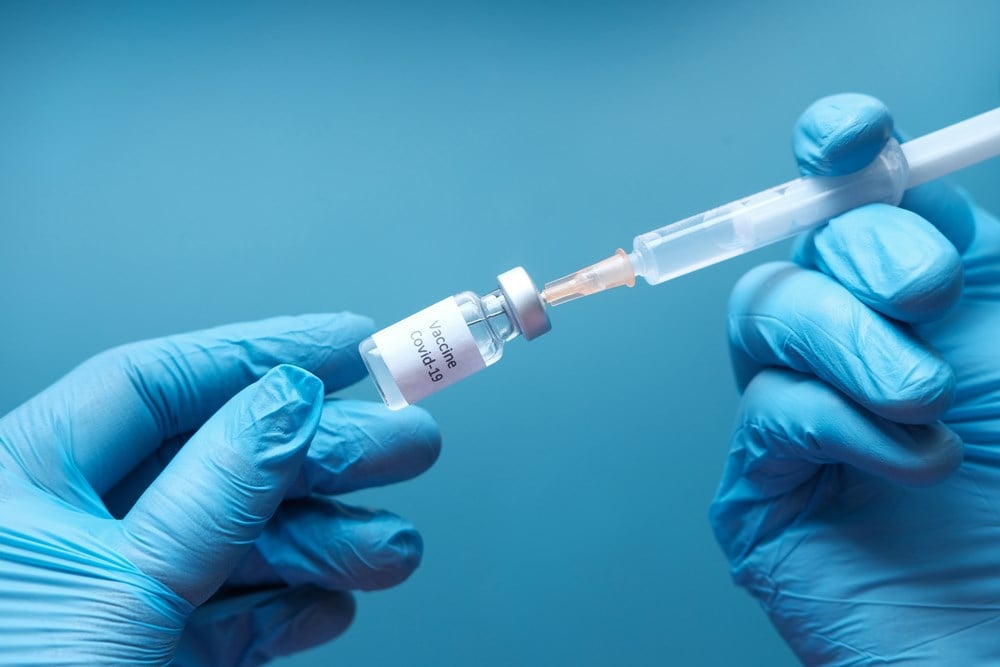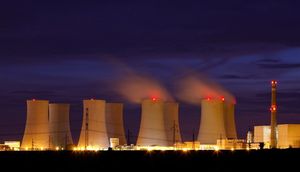Financial News
More News
View More
Insiders Sold Big at These 3 Stocks—Should You Worry?
November 10, 2025
Shares Down, Price Targets Up: 3 Stocks Upgraded After +10% Drops
November 10, 2025
Nuclear Stocks Are Melting Down—Should Investors Panic?
November 10, 2025
S&P 500's Top Stock Lifts Dividend 25%, KGC & MPC Raise Payouts
November 10, 2025
Monday.com Opens Generational Opportunity With Manic Sell-Off
November 10, 2025
Recent Quotes
View More
Stock Quote API & Stock News API supplied by www.cloudquote.io
Quotes delayed at least 20 minutes.
By accessing this page, you agree to the Privacy Policy and Terms Of Service.
Quotes delayed at least 20 minutes.
By accessing this page, you agree to the Privacy Policy and Terms Of Service.
© 2025 FinancialContent. All rights reserved.









